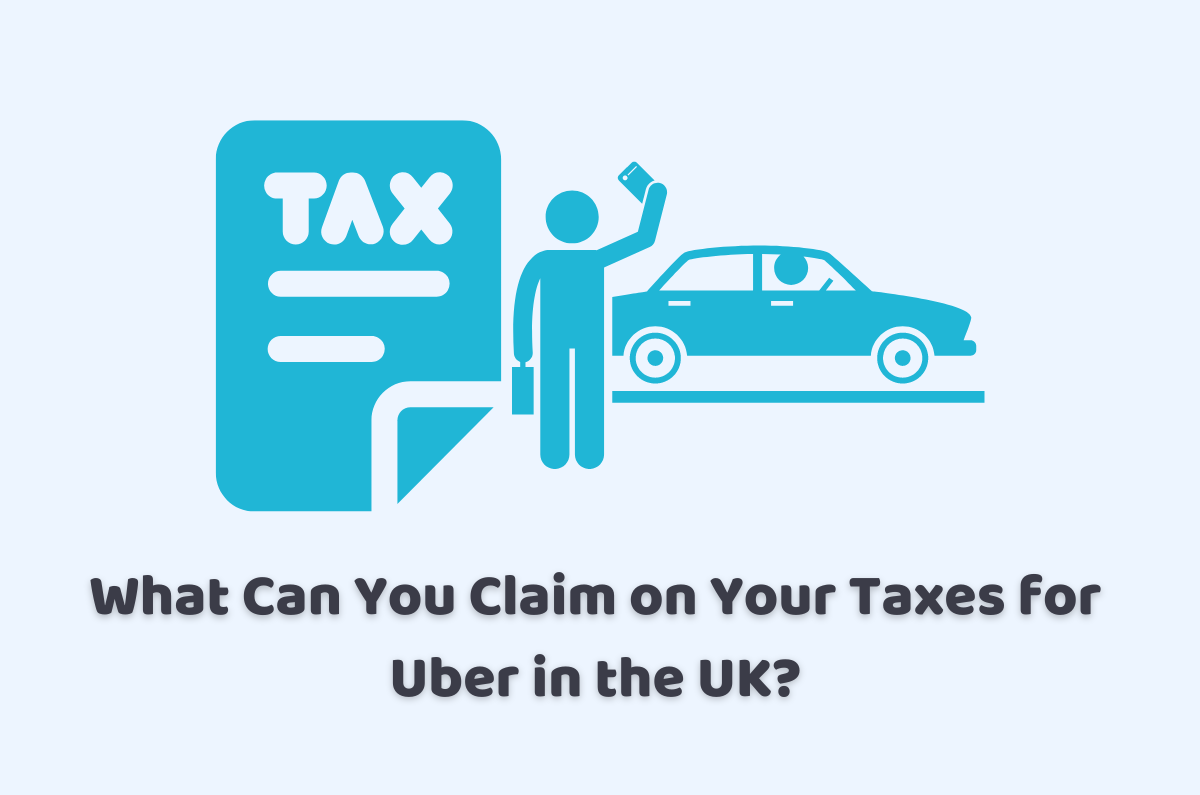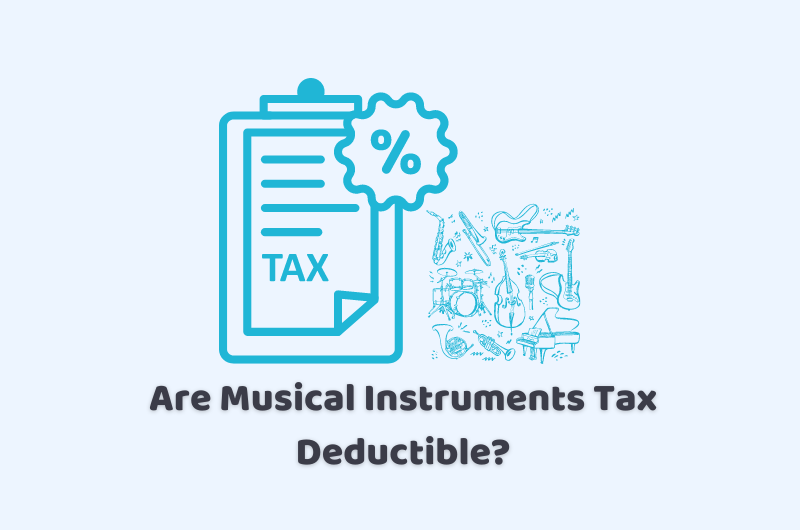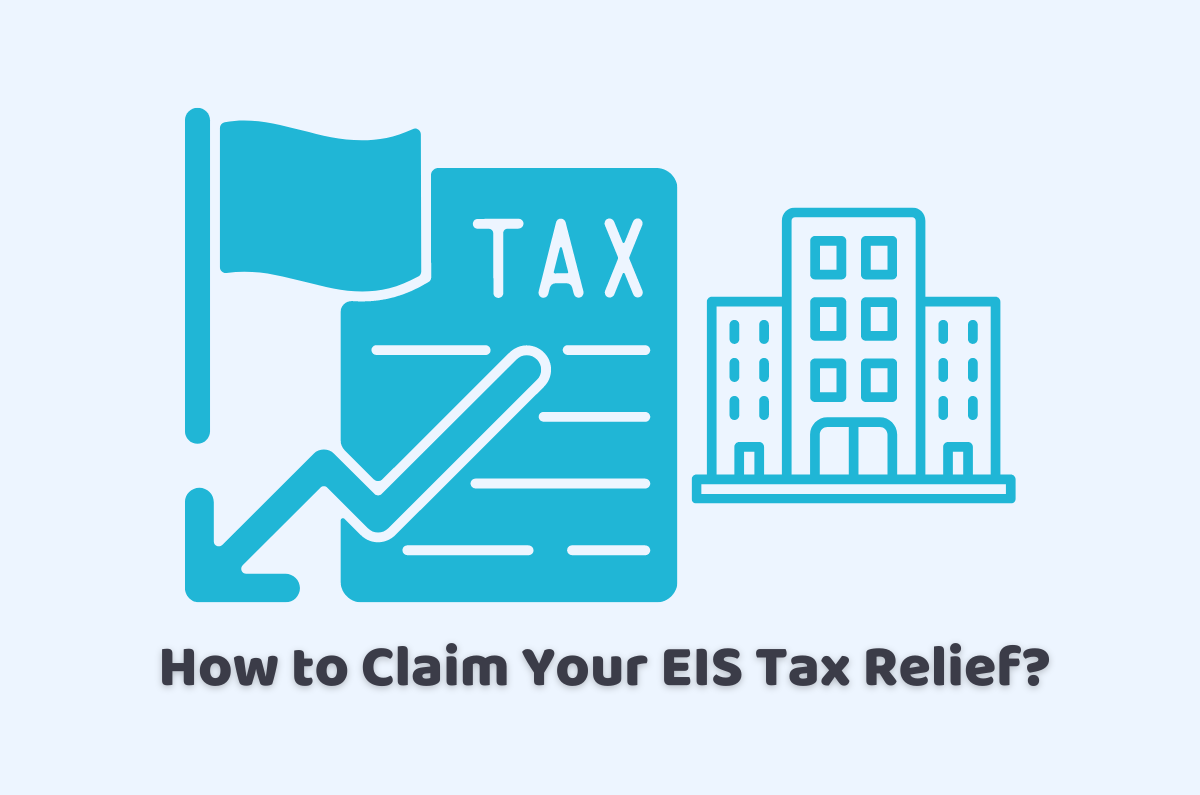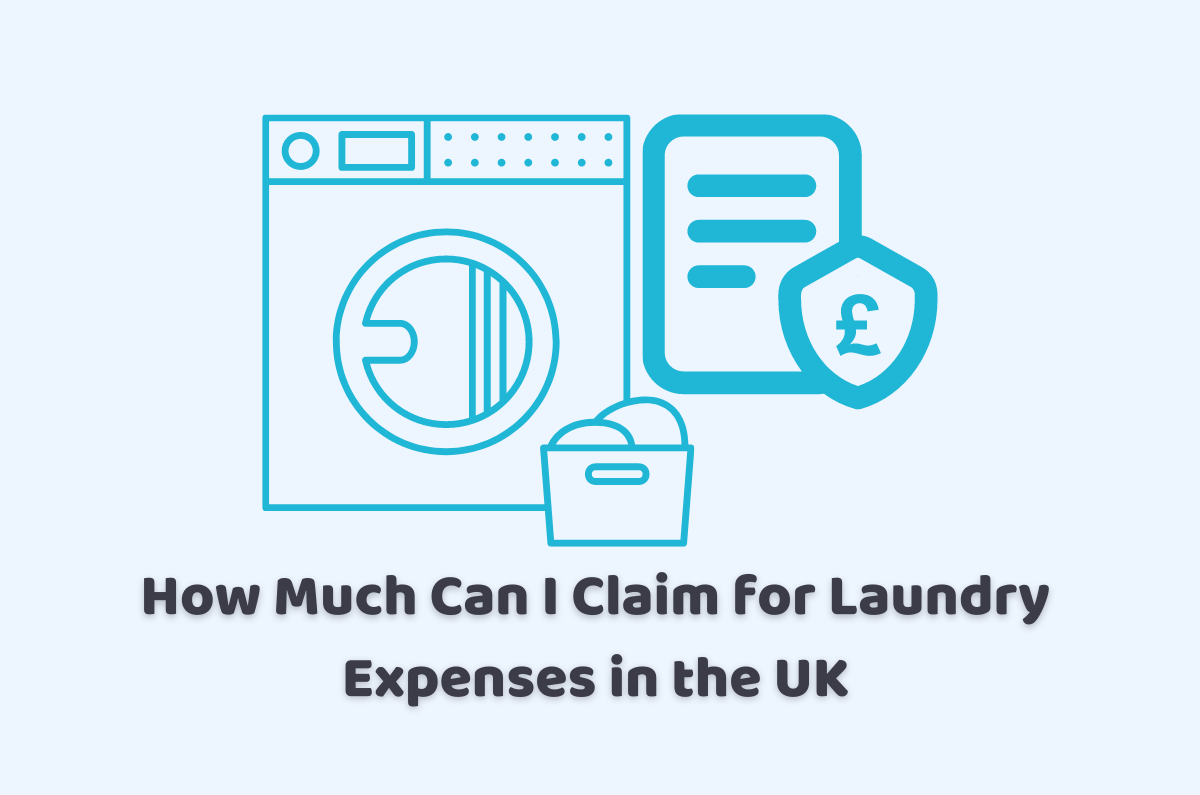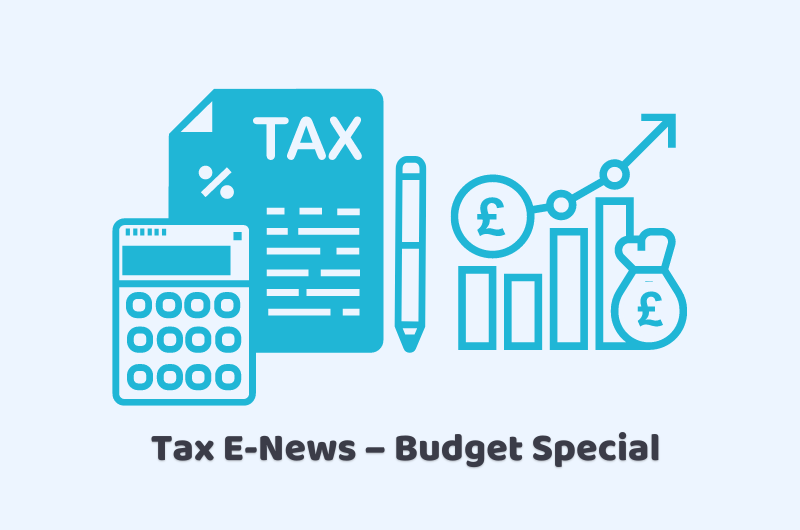20/03/2024tax , Tax Saving Tips
This discussion about what can you claim on your taxes for Uber will delve into the various expenses that Uber drivers in the UK can claim. Including fuel costs, vehicle maintenance and repairs, insurance, phone and data expenses. We will also explore the importance of keeping accurate and detailed records of expenses and the process …
Read more
